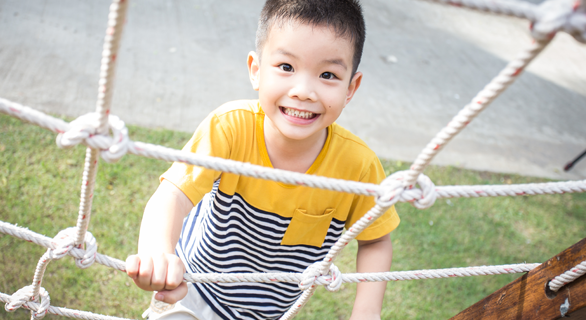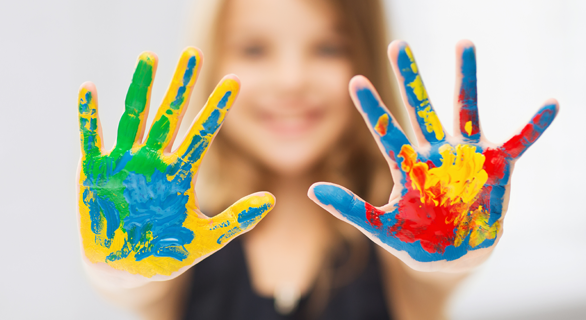About us
Mission
An innovative school centred on the child, who is the source of inspiration
The fundamental principle of Maria Montessori’s method is that children are naturally motivated to learn.
She developed a sensory education method which respects the child’s learning pace. Learning is achieved through sensorial development and particularly through encouraging the use of the hands. Children are given brief, clear lessons, and then large blocks of time to choose work that interests them, while guiding their learning and ensuring balance in the acquisition of various types of knowledge and topics.
She designed scientific materials that respond to the child’s natural need for development, while respecting her sensitive periods. The material is used daily in the classes by the children to understand and assimilate concrete things, then concepts, and finally to master abstraction. The environment is crucial. A Montessori class is adapted to the size, rhythm and interests of the child from age 3. It is designed so that children take ownership of their classrooms, feel comfortable there, and enjoy working with attractive materials that will enable them to develop their potential to the full. Our classrooms are configured in such a way that the child can access, freely and whenever she wants to, the activities that interest her. Always clean, tidy and tastefully decorated, our classrooms are naturally calmer that traditional classrooms, because children can choose their own activities. They therefore become more absorbed by what they are doing and remain focused for longer. Once she has chosen an activity, the child must complete it and then put it away. The teacher ensures that the child will, over the course of the year, do all the activities available in the classroom, while respecting her rhythm of progress.
Children must feel at ease. Thus, they will enjoy themselves and will be guided above all by their irresistible desire to discover and learn. The classes offer the children an ideal learning environment, with suitable class-sizes and pupils of different ages.

Maria Montessori
Maria Montessori, the founder of the Method – born in 1870, who became the first female doctor in Italy – considers the child as a whole, a unique individual with intellectual, emotional, physical and spiritual needs. This approach enables the child to maximise his or her own unique potential, to have confidence in his or her own ability, and to build trust in others. More importantly, this approach strives to give children a willingness to explore and learn. We owe Maria Montessori the organisation of classrooms into “workshops”, and the creation of furniture adapted to the children, and designed to allow them to develop their motor skills, their senses and intellectual capacities. In turn, this increases the sharpness of their observation skills, resulting in a raised level of understanding of the surroundings.

Bilingualism
We live in a world that is continuously evolving, and people move about more and more. As a result, our pupils will have to perform well at a global level, and English is the international language.
The sooner a child starts learning a language, the easier it will be for him/her to absorb the concepts. Young children absorb the second language as if it were a second mother tongue. In fact, before the age of six, the audio-vocal muscles are still forming. The child will therefore naturally, and without effort, acquire the intonations and the accent of any language. It is thought that the ear closes progressively to foreign tones at around ten or eleven years of age. It then becomes more difficult to learn another language without having an accent.
In the case of a pupil beginning in the elementary section, the acquisition of a second language – though still possible – will be a bit more difficult.
Our team
Our teachers, especially trained to use the Montessori Method, teach in French or in English. There are two teachers in class to ensure bilingualism by immersion. Each is the reference for one language.
All the teachers have acquired a rich international pedagogical experience, which enables them to guide the children while helping them to develop and gain confidence in themselves. Their role is to help the children to become responsible, curious and open to the world.
Our method and environment provide the discipline; our teachers show the way to follow. The child learns through questioning. It is therefore essential to know how to stimulate his interest and his curiosity. With this in mind, the teachers’ role is to guide and direct the pupils with questions rather than with ready-made answers. In addition, the act of asking questions enables the children to better express themselves
Our team also includes staff in charge of academic support and extra-curricular activities, supervision during meals and break time; as well as administrative and cleaning personnel. Most of them are bilingual, or even trilingual.
A few facts

14th April 1986
Opening of the International School of Neuchâtel.

158 pupils and
112 families in 2023

25 different nationalities

